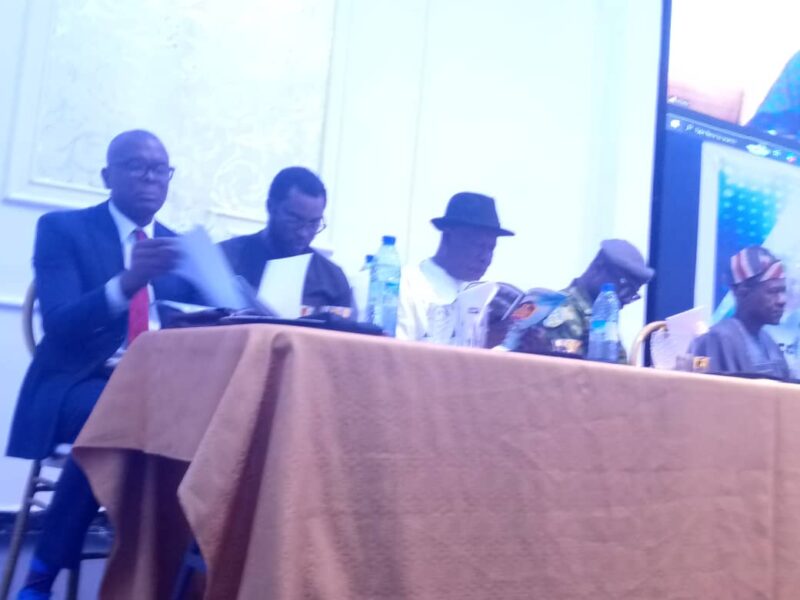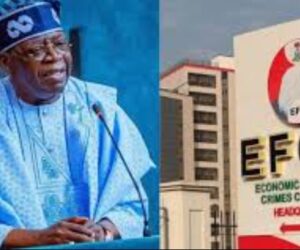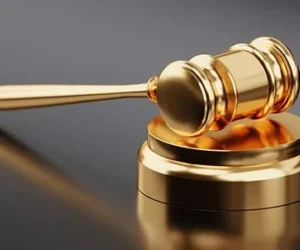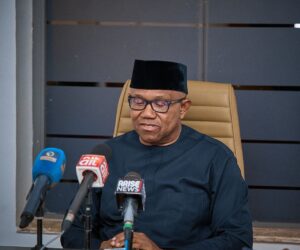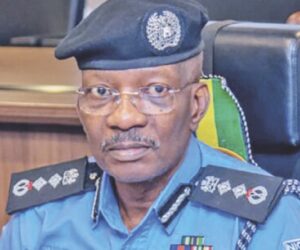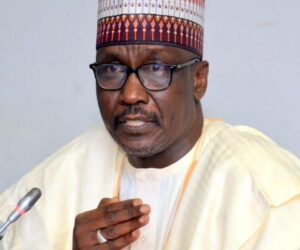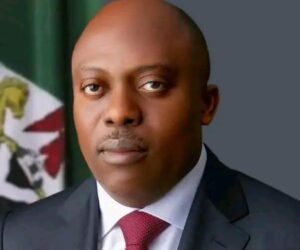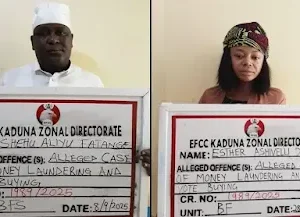From Joe Obukata Ogbodu, Warri
The Chairman of the Economic and Financial Crimes Commission (EFCC), Mr Ola Olukoyede, has stated that every challenge surrounding Nigeria’s socioeconomic development can be traced to the consequences of corruption.
He made this remark on Wednesday, September 3, while delivering a keynote address at the opening of the 12th annual conference of the Association of Communication Scholars and Professionals of Nigeria (ACSPN) in Warri, Delta State, sponsored by Tantita Security Services Nigeria Limited (TSSNL).
Olukoyede, represented by Mr Williams Oseghale, Assistant Commander and Head of Public Affairs, Benin Zonal Directorate of the EFCC, emphasised that Nigeria can defeat corruption if citizens collectively embrace accountability, transparency, and due process. He stated, “Corruption can be defeated and good governance can be attained if we collectively play our roles as good citizens. The onus is also on us as individuals to be accountable, transparent, and committed to due process and procedures.”
He highlighted that issues such as unemployment, insecurity, poverty, diseases, low life expectancy, hunger, and kidnappings are results of mismanagement, misapplication, and embezzlement of resources by those entrusted with them. Olukoyede expressed concern that Nigeria is often regarded as a nation with an entrenched culture of corruption and impunity in Africa, if not globally, describing this perception as “worrisome.”
Proffering solutions, he urged media practitioners to take a frontline role in anti-corruption advocacy, avoiding the glamorization of corrupt practices. “Today, I urge media practitioners to use their various platforms to fight corruption and the twin-evil of economic and financial crimes in our country,” he said. He encouraged journalists to emulate Nigeria’s founding media figures by engaging in investigative journalism to expose fraudsters and hold public officials accountable. “It is only when the media take up this noble responsibility that it fulfils its constitutional role as the fourth estate of the realm by holding the government accountable to the people,” he added.
Olukoyede praised the ACSPN for addressing corruption, good governance, and the media’s role at the conference, calling it “timely and critical” for fostering an egalitarian society. He urged delegates to set an agenda for media practitioners to build a better Nigeria.
In a welcome address, ACSPN National President, Professor Rotimi Olatunji, described corruption in Nigeria as “multifaceted,” ranging from petty bribery to grand corruption involving political and business elites. He noted that its corrosive effects inhibit economic growth, deter investment, degrade infrastructure, escalate poverty and insecurity, and threaten the attainment of Sustainable Development Goals. Olatunji called for media and communication researchers to amplify anti-corruption voices and foster accountability in governance, stating, “We must be relentless in our investigative reporting to expose corrupt acts and hold those responsible accountable.”
He further emphasised the media’s role as watchdogs, truth-tellers, and public advocates, urging them to educate the populace, foster integrity, and empower citizens to demand transparency. “Our advocacy must be loud and clear, reminding our leaders and the public that corruption is not just a moral failing but a direct assault on our collective future,” he said. Olatunji also thanked TSSNL for sponsoring the conference, noting their contribution as a testament to Delta State’s hospitality.
The Chairman of the Local Organising Committee, Professor Majority Oji, Dean of the Faculty of Communication and Media Studies at Delta State University (DELSU), Abraka, urged delegates to engage with open minds and challenge orthodoxy to create knowledge that deepens understanding of corruption’s complexities. “Such knowledge is bound to gain traction within society and can help break, or at least reduce, the vicious circle of corruption,” he said.
The conference drew distinguished mass communication scholars from across Nigeria’s six geopolitical zones, including Professor Nosa Owens-Ibie, Professor Rotimi Olatunji, Professor Majority Oji, Professor Daniel Olawale Awodiya, Professor G. G. Darah, Professor Ayobami Ojebode, Dr Paul Bebenimino, Dr Kayode Okunade, Professor Stella Okunna, Mr Lanre Idowi, Dr Helen Ambassador-Brikins, Dr Nchechi Ali-Balogun, and Mr Achike Chuks Okagor, among others.

